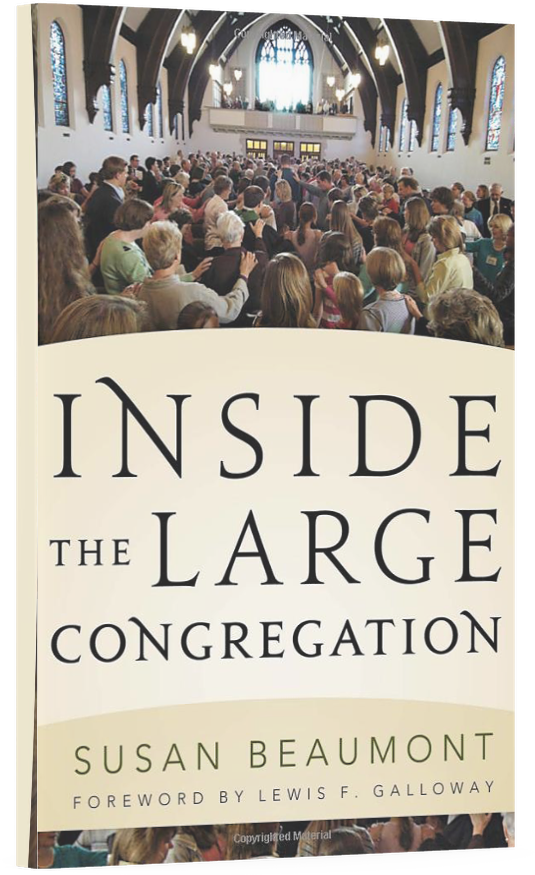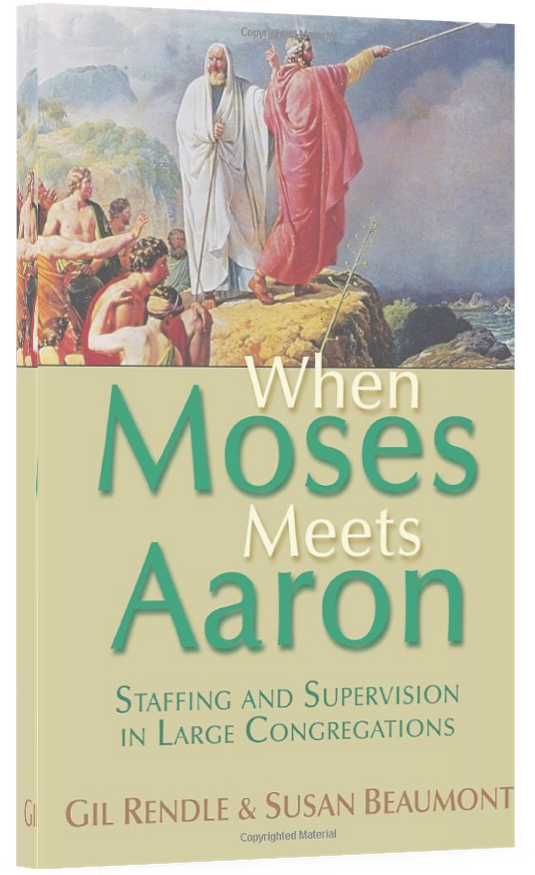The large church is known for the quality and depth of its programming, and for the exhaustion of its staff team. It’s true, every one of my client congregations is functioning with a burned out staff team, and pastors on the brink of exhaustion.
We assume that a growing and thriving church is always adding more programming, enhancing current programming, and making certain that there is something offered to satisfy every imagined need. We heap on more and more options in an effort to improve participation and engagement. But it isn’t really working, is it? Those who are already engaged and active feel compelled to participate in the latest new offering to show their support. In fact, we are creating more opportunities for those who are already over-engaged, while the under-engaged watch our frenzy with mild disinterest.
As we design and facilitate more programs, what is it that we fancy we are accomplishing? Do we honestly believe that adding offerings to the already overcrowded lives of our congregants will lead them more deeply into relationship with the Divine? Does one more scripture study, an extra spiritual formation instruction, an enticing new worship experience, or a compelling social justice opportunity really contribute to the soulfulness of our people or our congregations? Wouldn’t it be better to teach people how to sit still, to be okay with the discomfort of confronting themselves in empty time and space, to see what might emerge?
I suspect that the busyness we participate in and contribute to masks a deep-seated spiritual boredom of our own. We have forgotten what an authentic experience of God feels like, and how it is nurtured. Experiencing God begins in silence and stillness. There are no classes, twitter feeds, blog posts or sermons that will produce this. We cannot manufacture silence and stillness for our congregants. We can only point them in the general direction, and then trust that God will meet them there.
Have we ourselves confused thinking about, speaking about, and acting on behalf of God with the deep personal experience of being with God? Are we fearful that if we enter the silence and stillness that we will find nothing there to satisfy our souls? Are we afraid that we will have nothing to teach our congregants out of that experience?
It is summertime. We dreamed of this time all through the busy program year. This is the season we imagined would involve long stretches of uninterrupted time to dream, to pray, to rediscover our relationship with God, and to invent a next chapter. Instead, many of us are secretly ticking off the passing of days, worried that the summer will pass us by with nothing productive to show for our rejuvenation efforts. Many of us are already secretly gearing up for the onslaught of fall programming, just around the corner.
Today, I read this marvelous piece from Maria Popova on “Why the Capacity for Boredom is a Good Thing”. Popova reminds us of the childhood experience of boredom that emerges from having long stretches of “nothing to do”. She quotes Adam Phillips:
“Every adult remembers, among many other things, the great ennui of childhood, and every child’s life is punctuated by spells of boredom; that state of suspended anticipation in which things are started and nothing begins, the mood of diffuse restlessness which contains that most absurd and paradoxical wish, the wish for a desire.”
We have to slow down the madness of our program offerings so that we, and those that we lead, can enter the stillness, experience the boredom, and rediscover the desire for God on the other side. We need the courage to lead others in this counter-cultural journey of discovery.
So, today I invite you to quit work early. Put aside the sermon prep. Go for a walk or sit by a stream and stay there long enough to remember the sweet invitation of boredom. Invite God into that space with you and see what happens.



